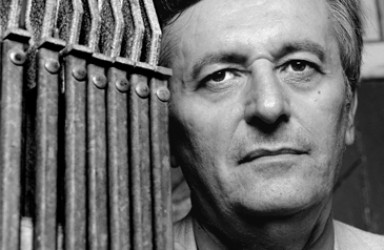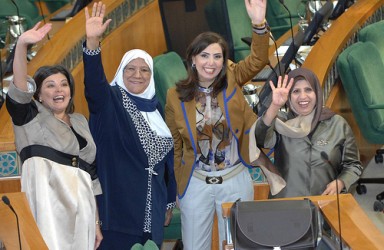What the End of Civil War Means for Sri Lanka, and Why it Should Matter to the Rest of the World
Five years before Hezbollah, ten years before Al Qaeda and Hamas, and 15 years before the Taliban, the Liberation Tigers of Tamil Eelam was founded in northern Sri Lanka in 1976, beginning life as one of many militias fighting for Tamil independence from the predominantly Sinhalese Sri Lanka
John Gray and the idea of progress
The political thought of John Gray offers an unflinching vision of the world, a world divided by refractory ways of life, stressed by the looming conflicts over natural resources and scorched by irreversible patterns of global warming. Gray’s vision of the world is none too cheerful, and prescribed throughout his numerous analyses of today’s most pressing problems is a sobering dose of realism. Gray has repeatedly emphasized that many of our greatest problems are incurable and that the best we can hope to achieve is to minimise their symptoms
Raising the Bar on Chocolate: Cocoa Farmers in Ghana Shape the Future
In 1993 Ghana initiated the partial liberalisation of its most significant economic export, cocoa beans. Having resisted World Bank pressure to liberalise fully, the Cocoa Marketing Board retained its monopoly on exports through the Cocoa Marketing Company. It thus sustained its farm-to-port quality control system of every sack and its authority to determine the terms of trade
Gender Quotas and Women’s Political Empowerment
Despite growth, women continue to constitute only 19% of all parliamentarians worldwide. Quotas are a diverse set of measures that can reach the political agenda for both feminist and non-feminist reasons, leading to diverse effects on the election and empowerment of women. Whilst necessary, more systematic research is needed in order to determine their impact on women as a group.
Hostages of Culturalism
What is multiculturalism? Is it a concept that is often uncritically used in the contemporary ‘civic’ and academic discourse, whereby those who employ it rarely feel the need to define it? Is it the state of affairs in some countries, the fact that several cultures coexist there, or perhaps some ideal that is still to be reached, something that implies political and social changes in a society? What if three cultures on the same territory promote cultural dogmas which are mutually irreconcilable?
Religion in the EU : How Many Divisions ?
Sociologists present Europe as “an exceptional case” to the extent that religious beliefs and practices have declined there more than in any other part of the world. It does not mean that religion is disappearing. On the contrary, it is becoming more visible in the political and public arenas, in new, individualised and pluralised forms that are less linked to traditional churches.
Development and Communities: A View from Cambodia’s Buddhist Temples
It would be hard to imagine a more complex array of development challenges than those facing Cambodia. During the brutal civil war and genocide of the 1970s, the lives and institutions of Cambodia were shattered and perhaps two million people died at the hands of the murderous Khmer Rouge regime.
The Politics of UN Human Rights Council and Iran’s Candidacy
The candidacy of Iran for the UN Human Rights Council is comparable to electing apartheid South Africa to the United Nations Committee on the Elimination of Racial Discrimination or to awarding the US for humane treatment of detainee’s right after the world was shocked with pictures revealing sexual torture and humiliation of naked prisoners.
Religion and International Affairs: From Neglect to Over-Emphasis
Religion, in the past, had influenced the behavior of international actors without determining it, although its role often went unnoticed. This situation, notwithstanding the new found fascination with the impact of religion on international affairs, has not changed. Religion is neither the source of conflicts and disputes nor a panacea for global problems.
Walking Corpses
Hannah Arendt’s name has emerged at the forefront of contemporary writing on the possibility of cosmopolitan political forms. The central political issue, for Arendt, was one of appropriate foundation, that is, ‘the setting of a new beginning’ and of ‘lawgiving’. One could read Arendt’s entire theory of politics as an effort to work out the possibility of non-violent, non-imperial, non-ideological political founding.







